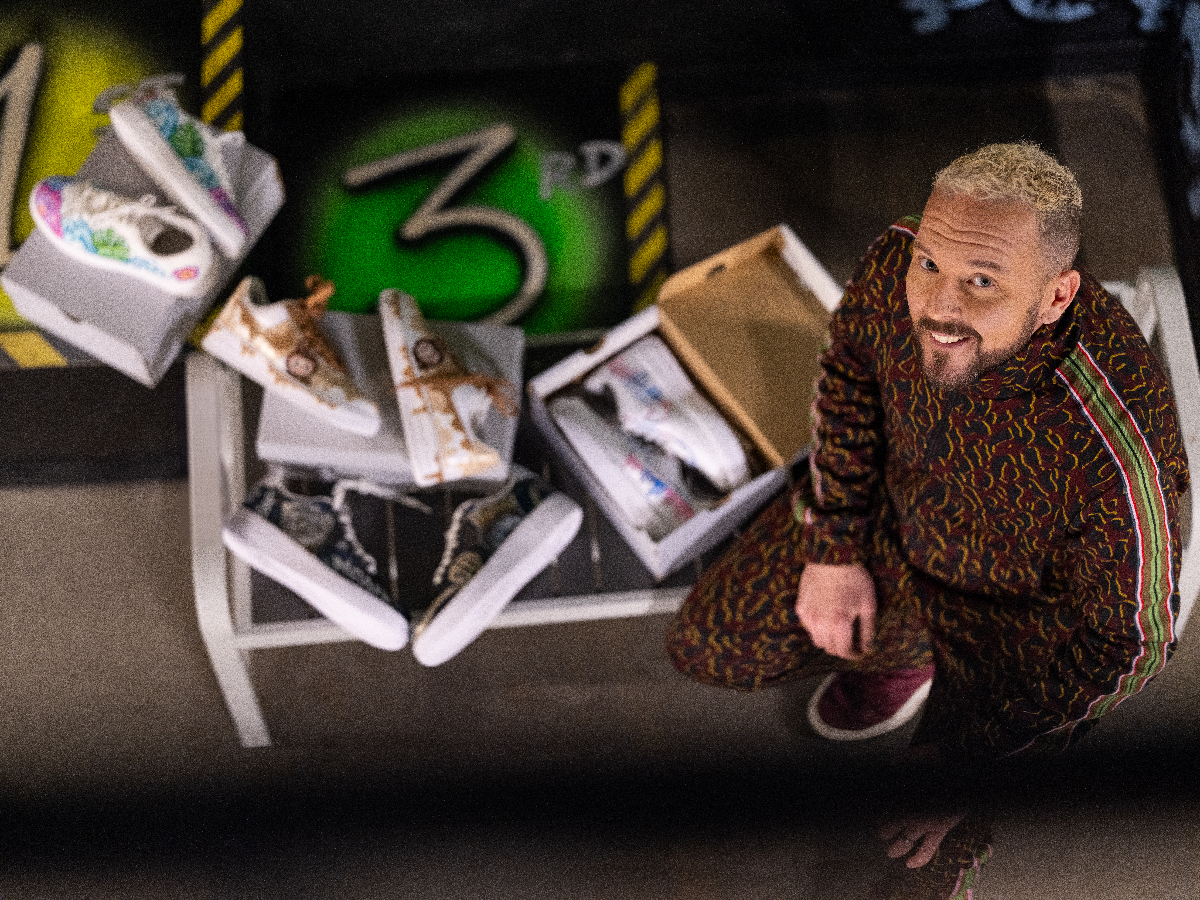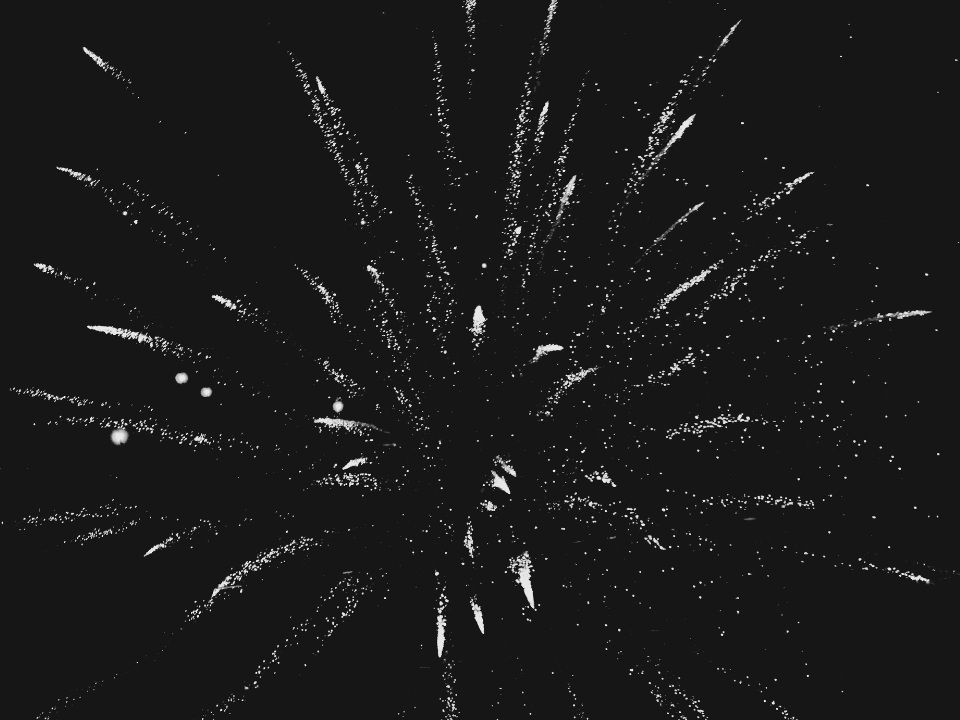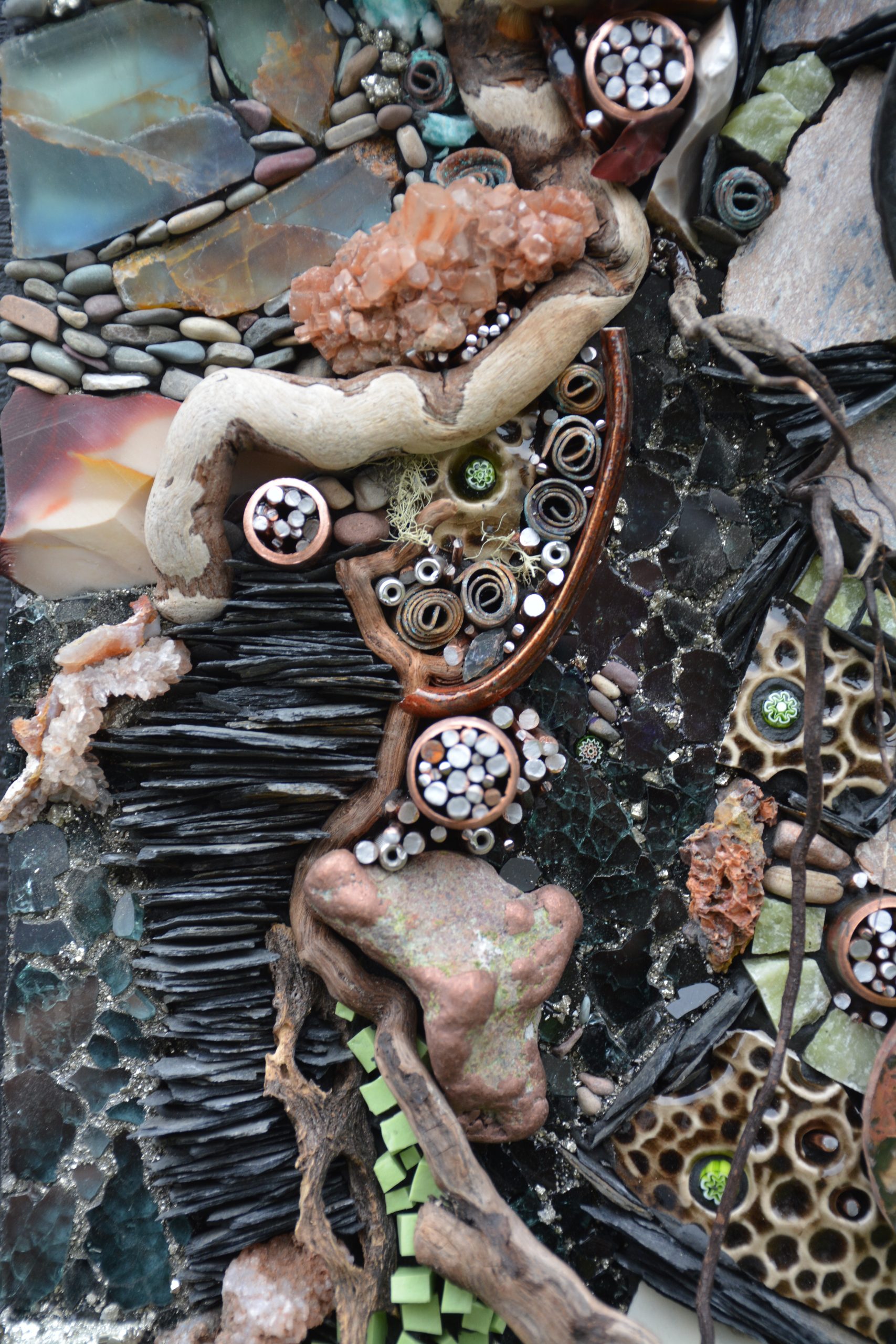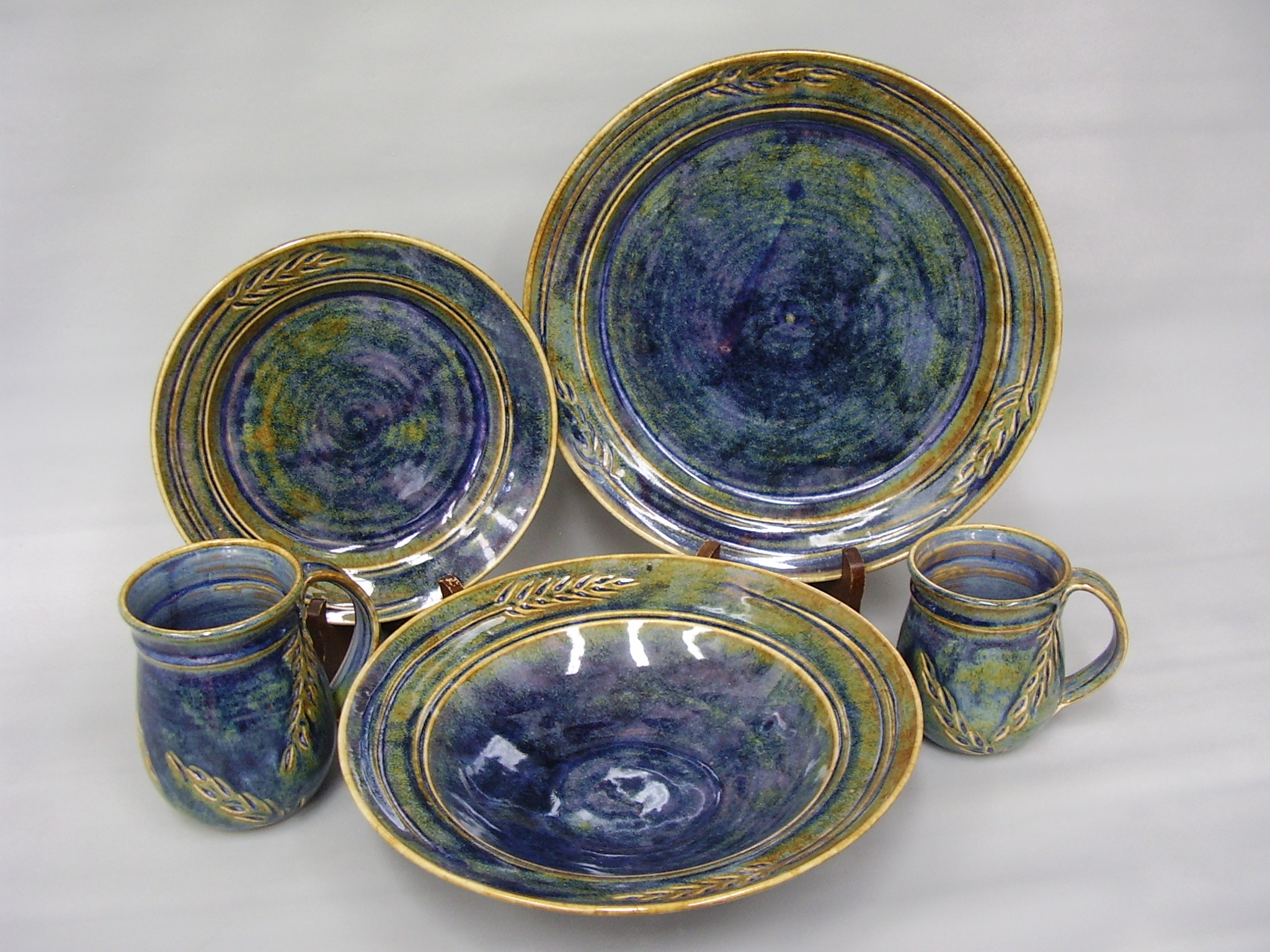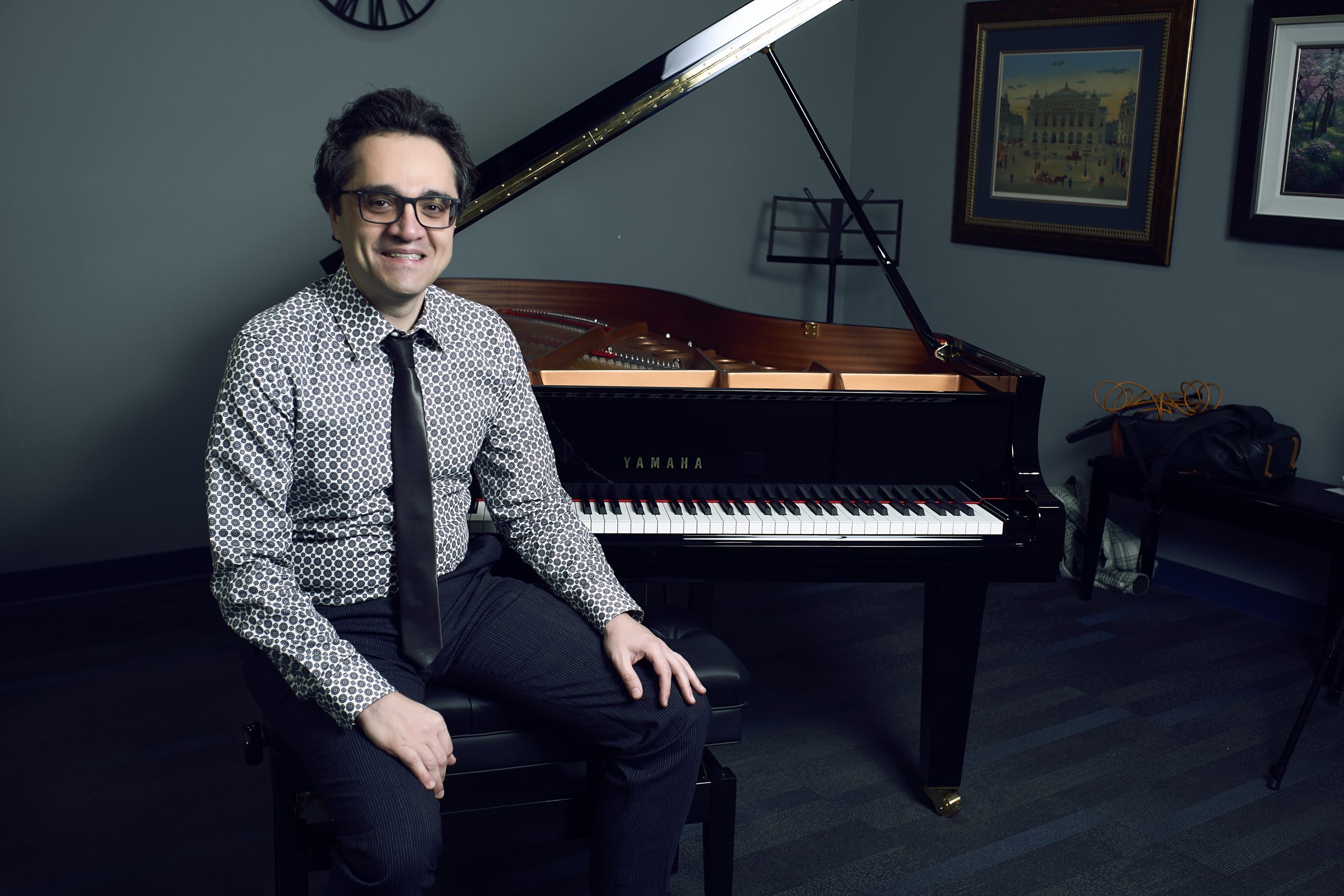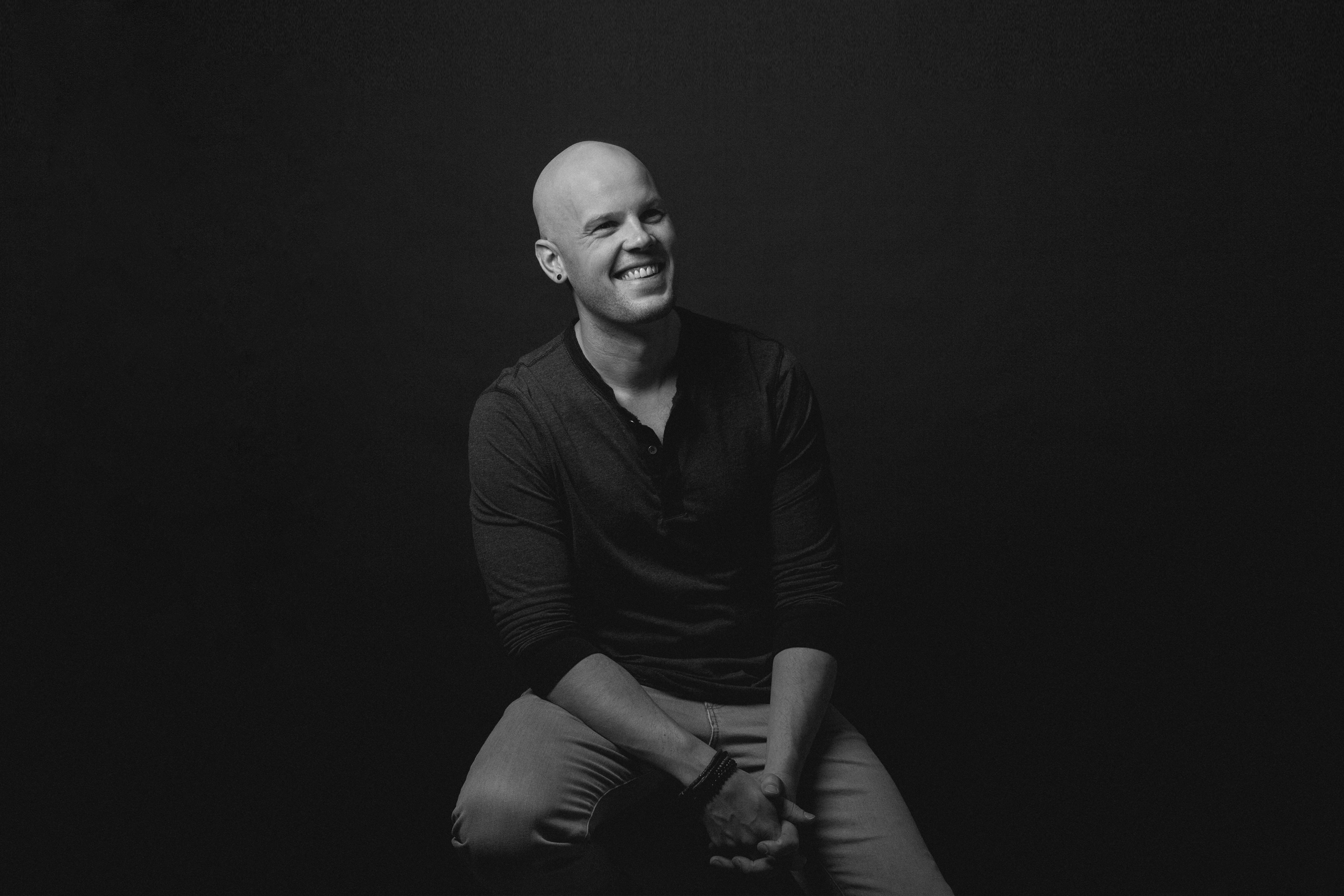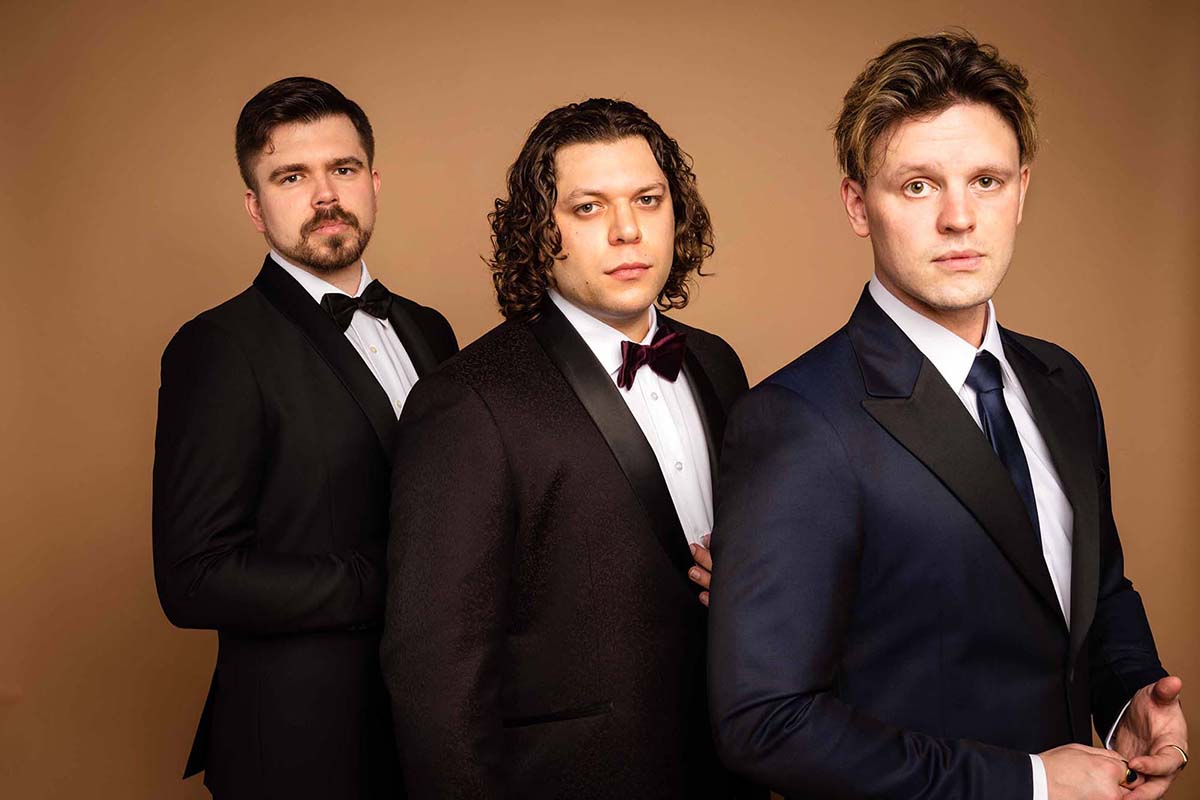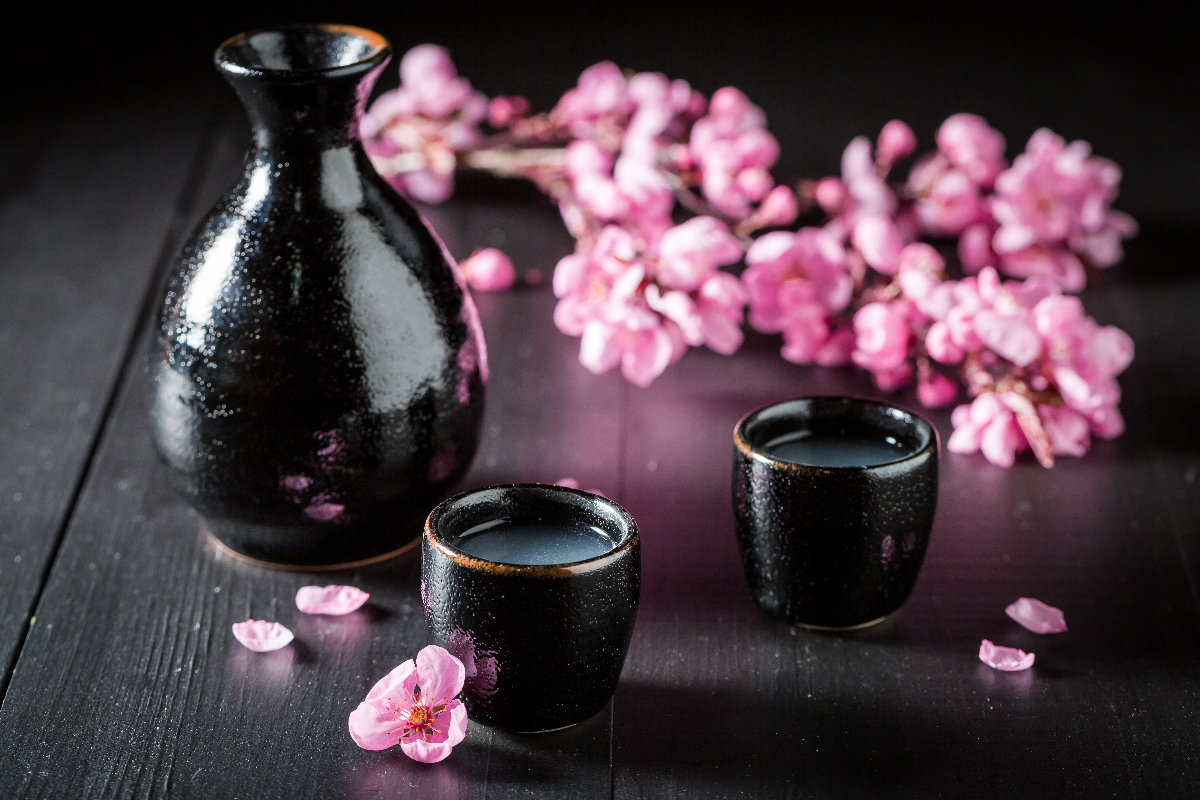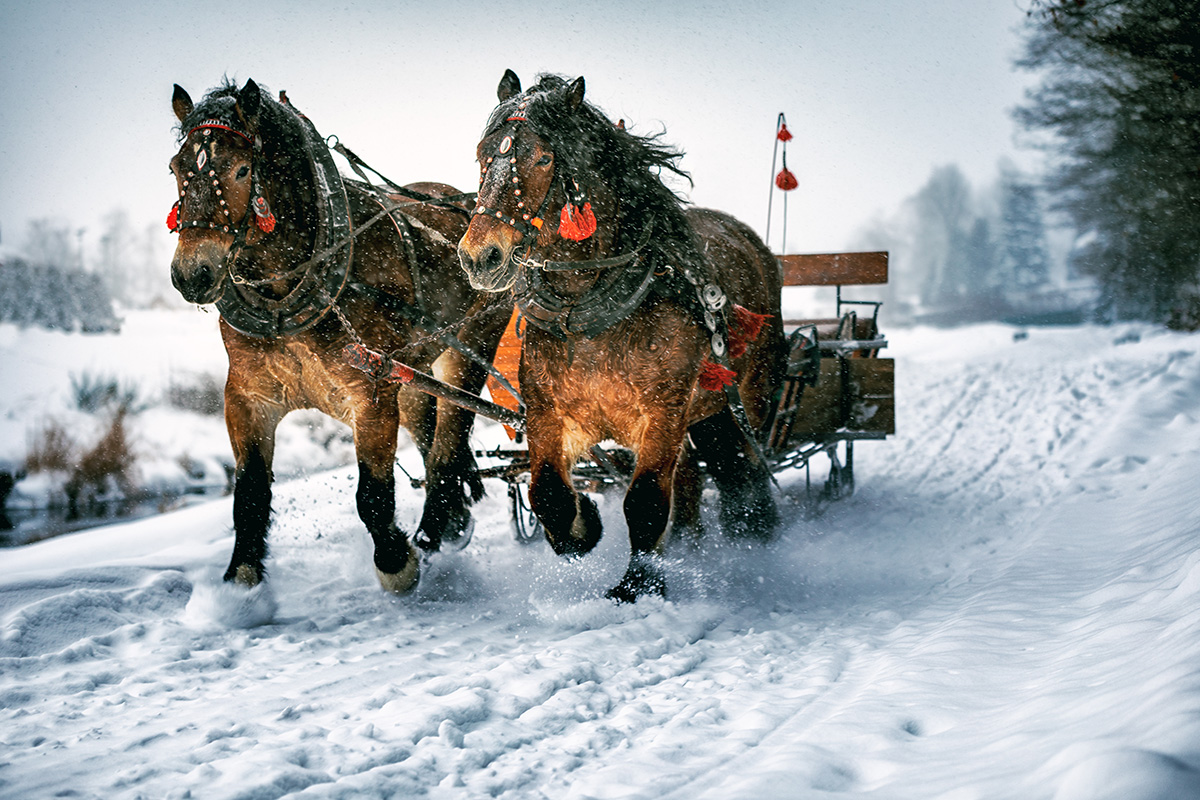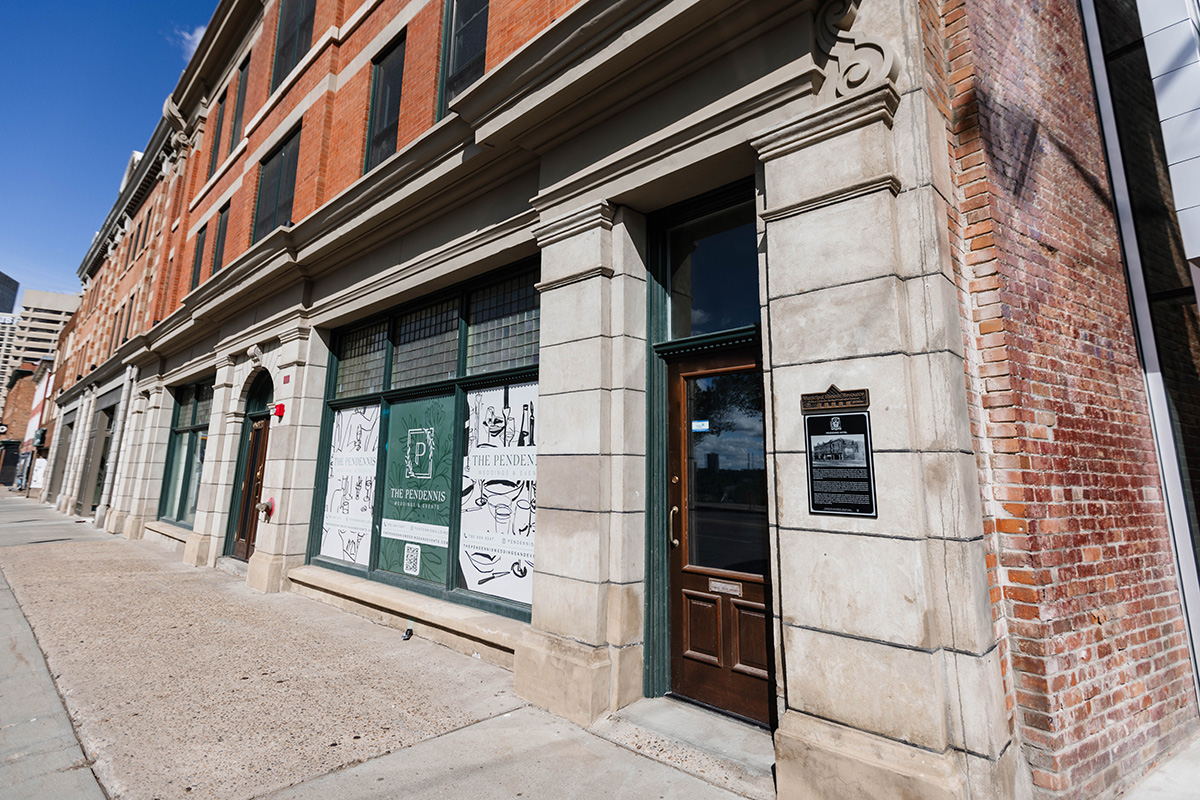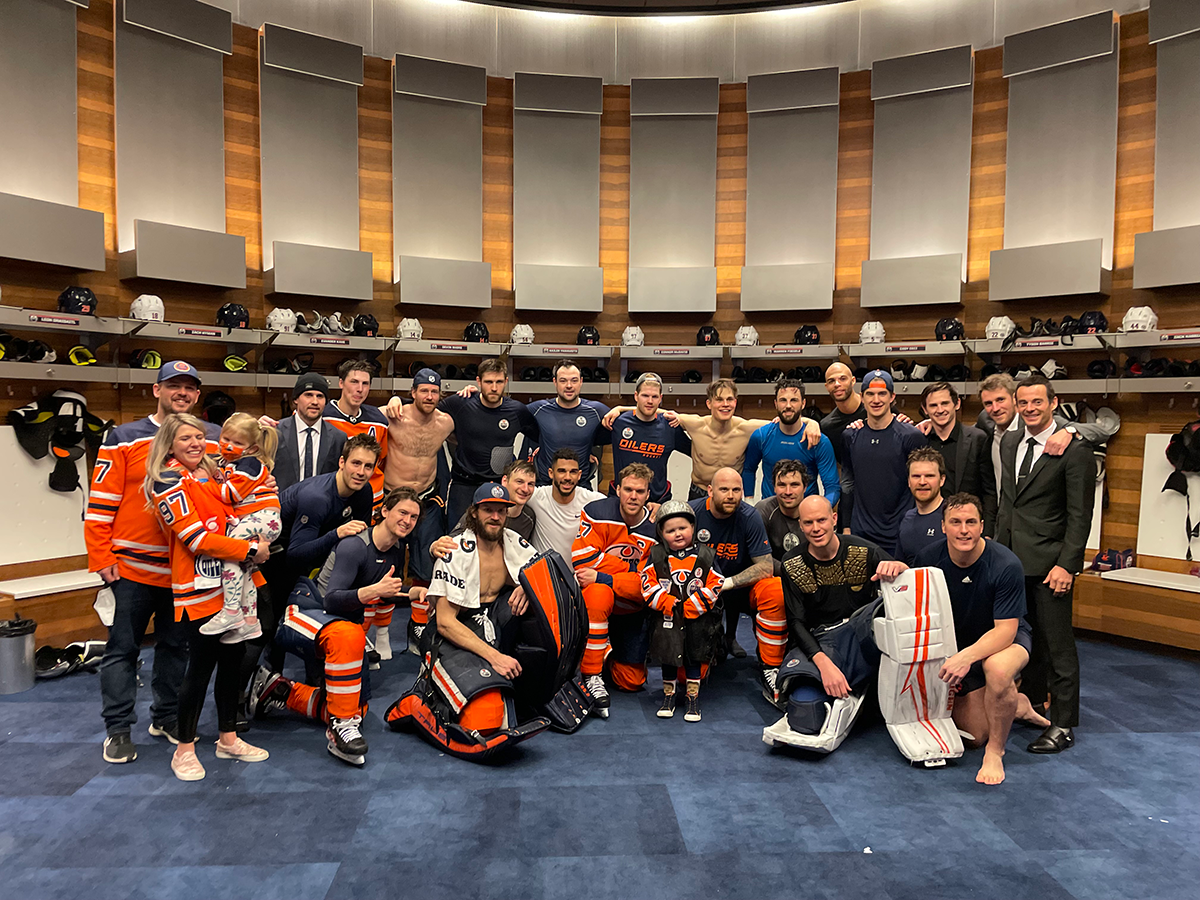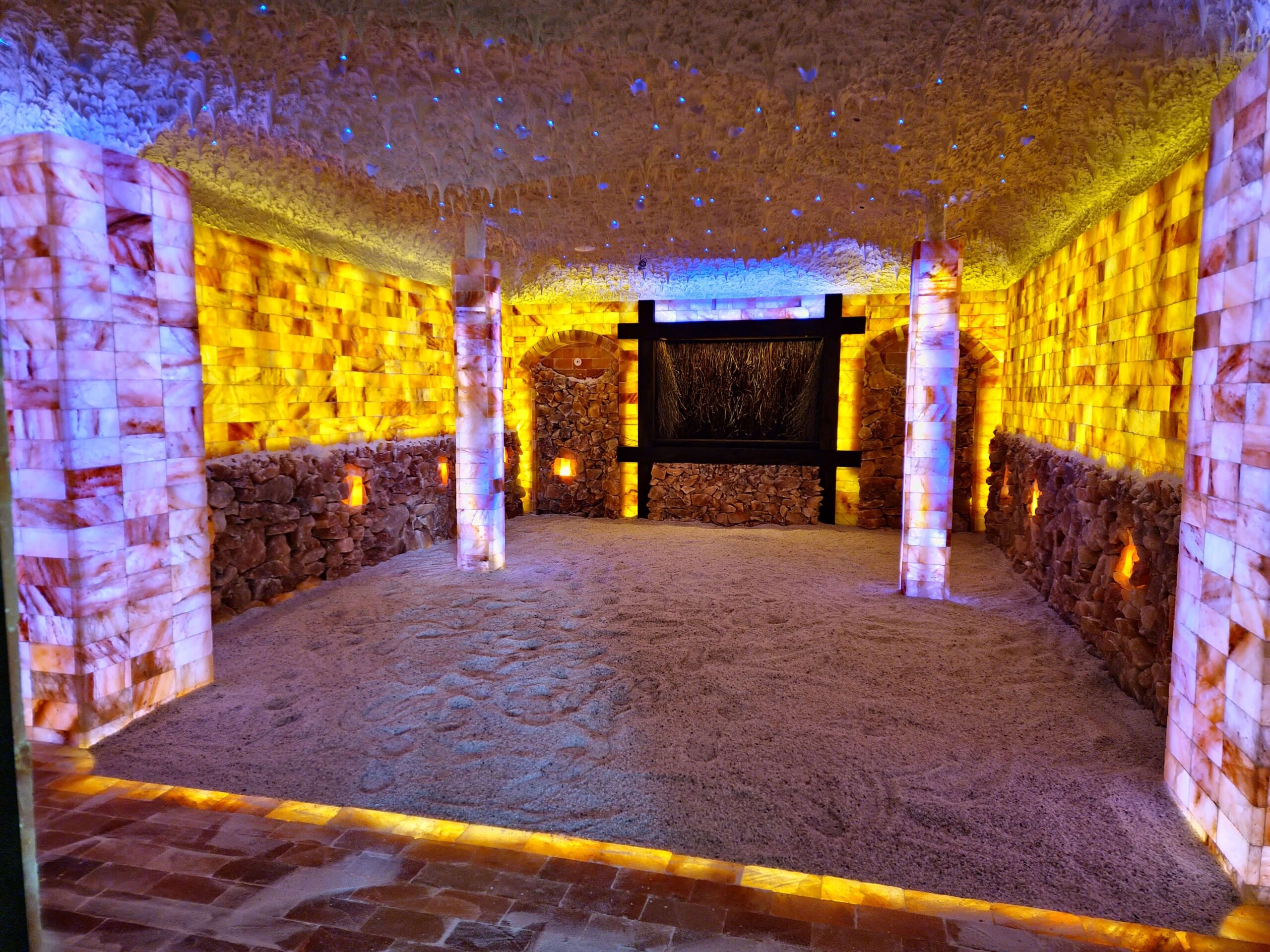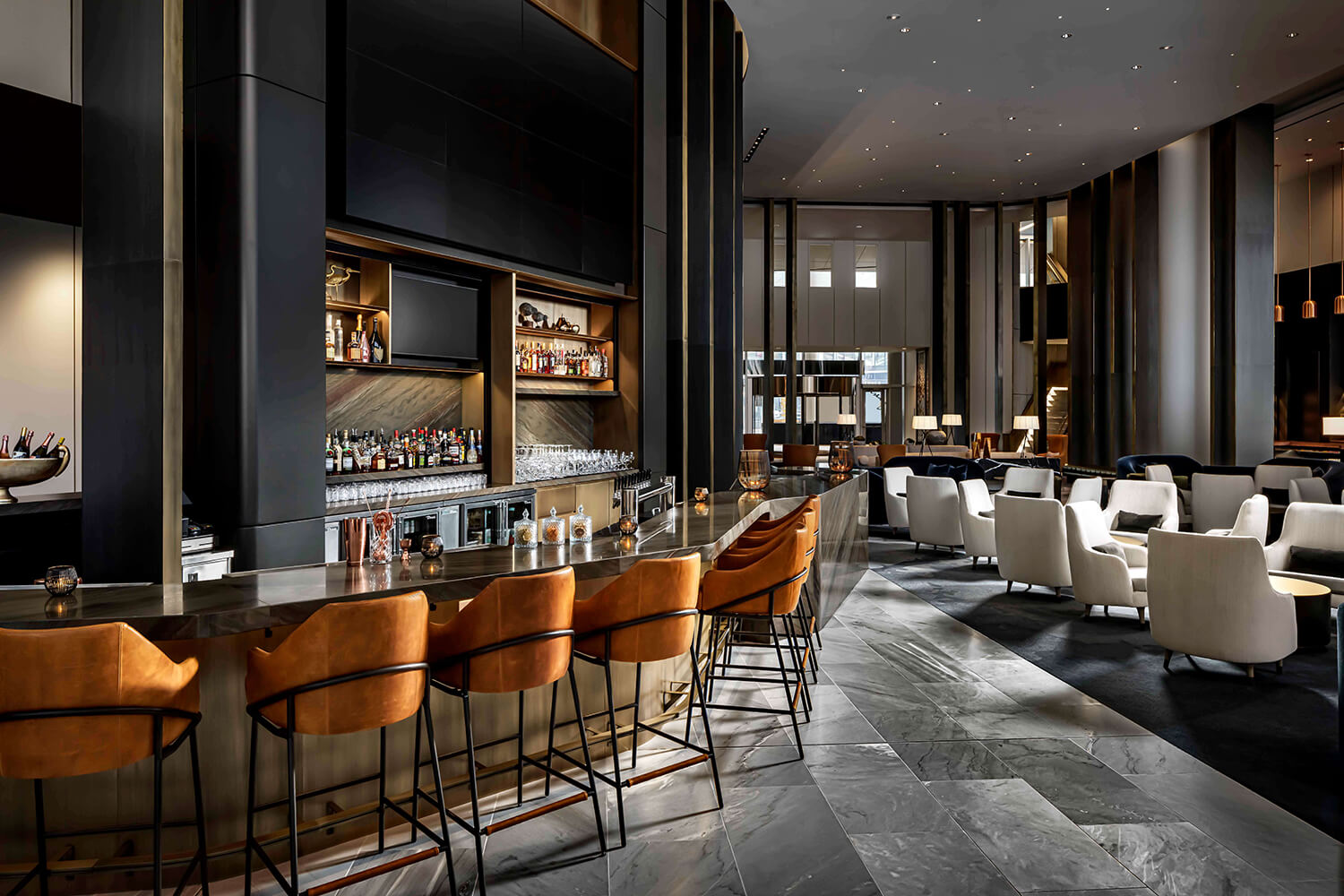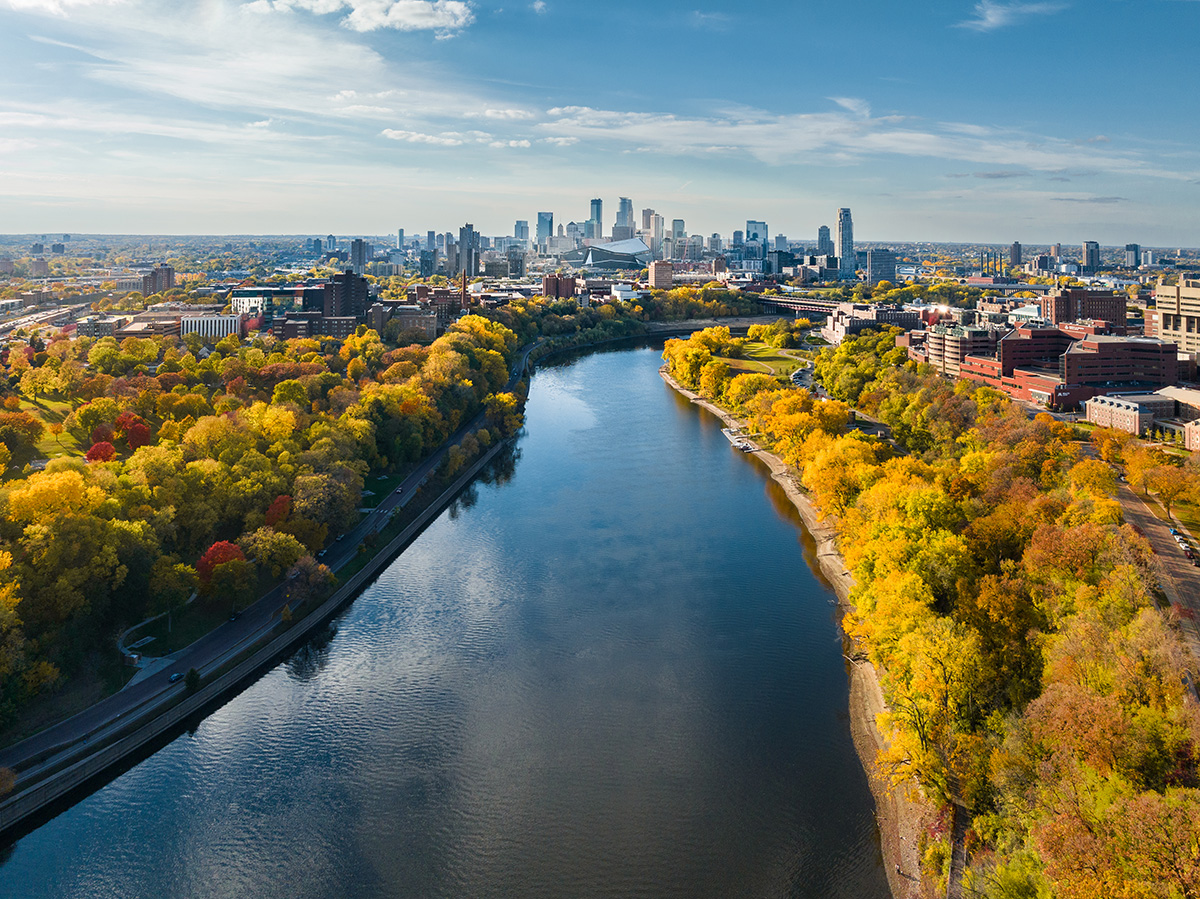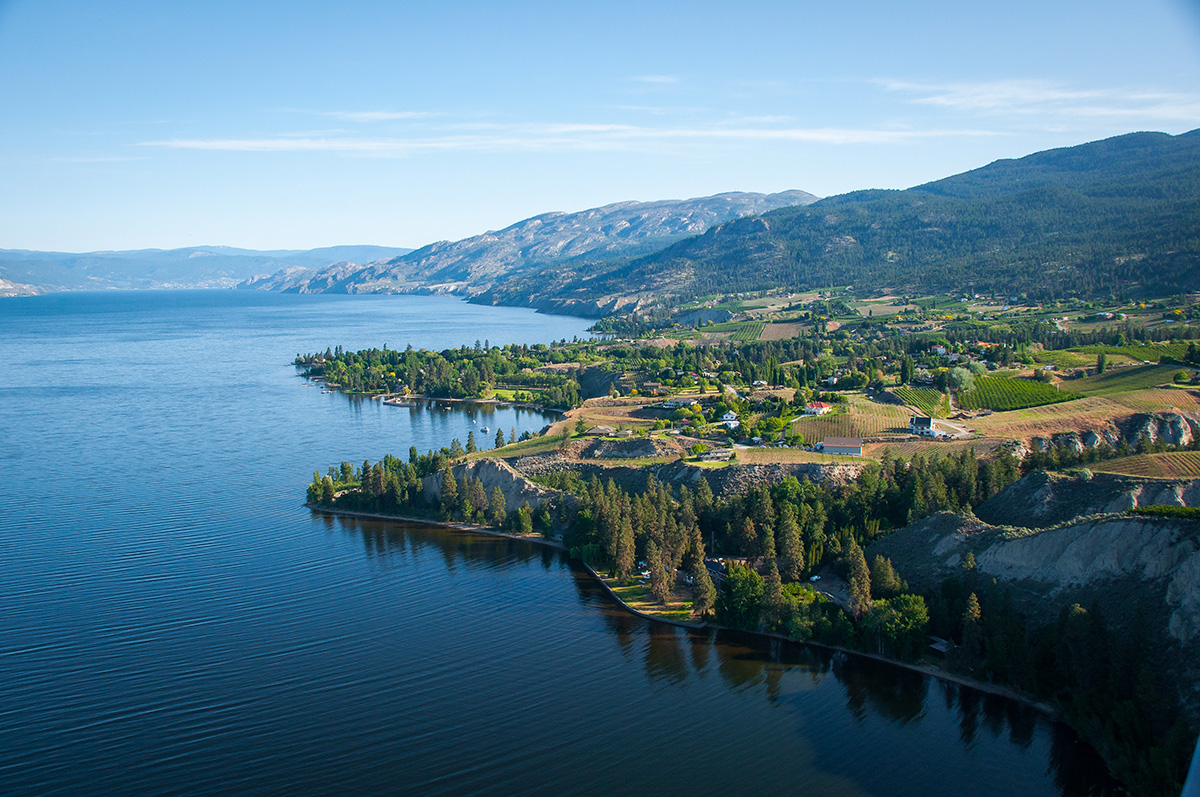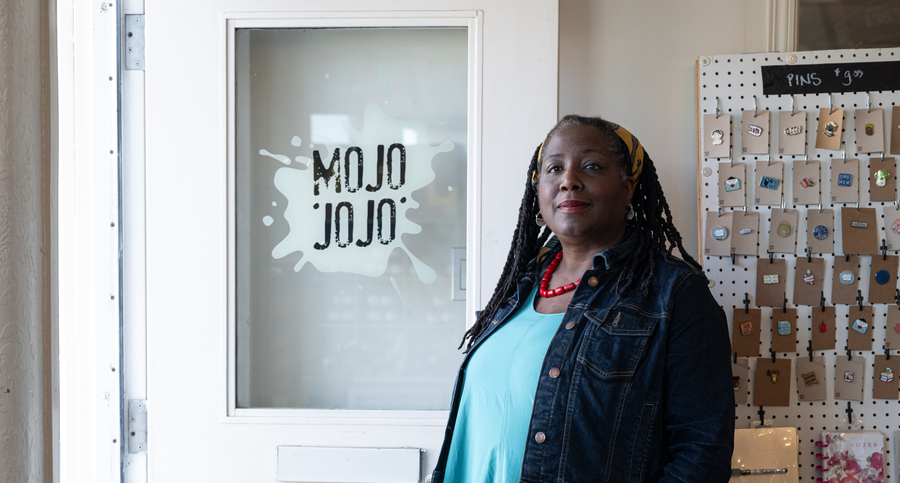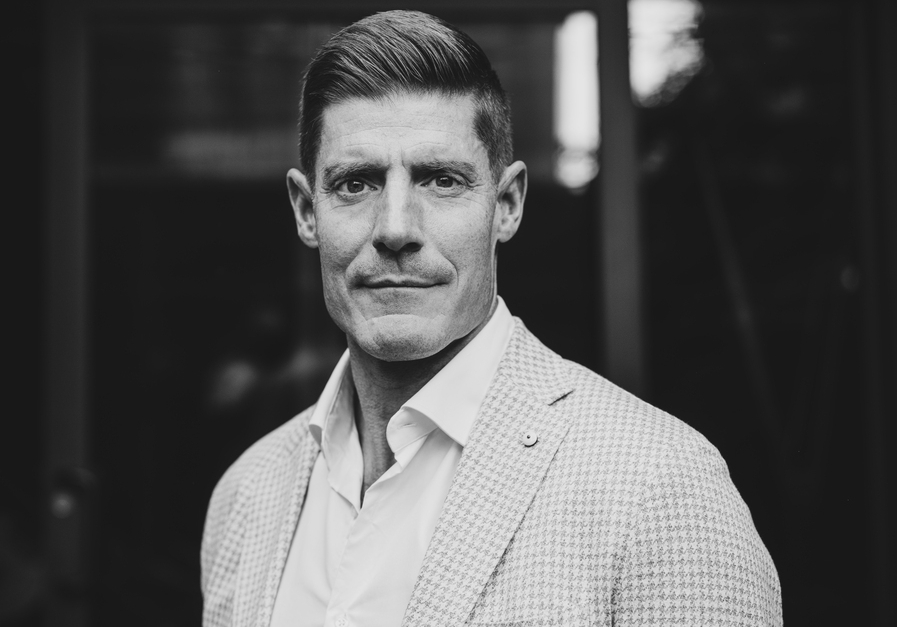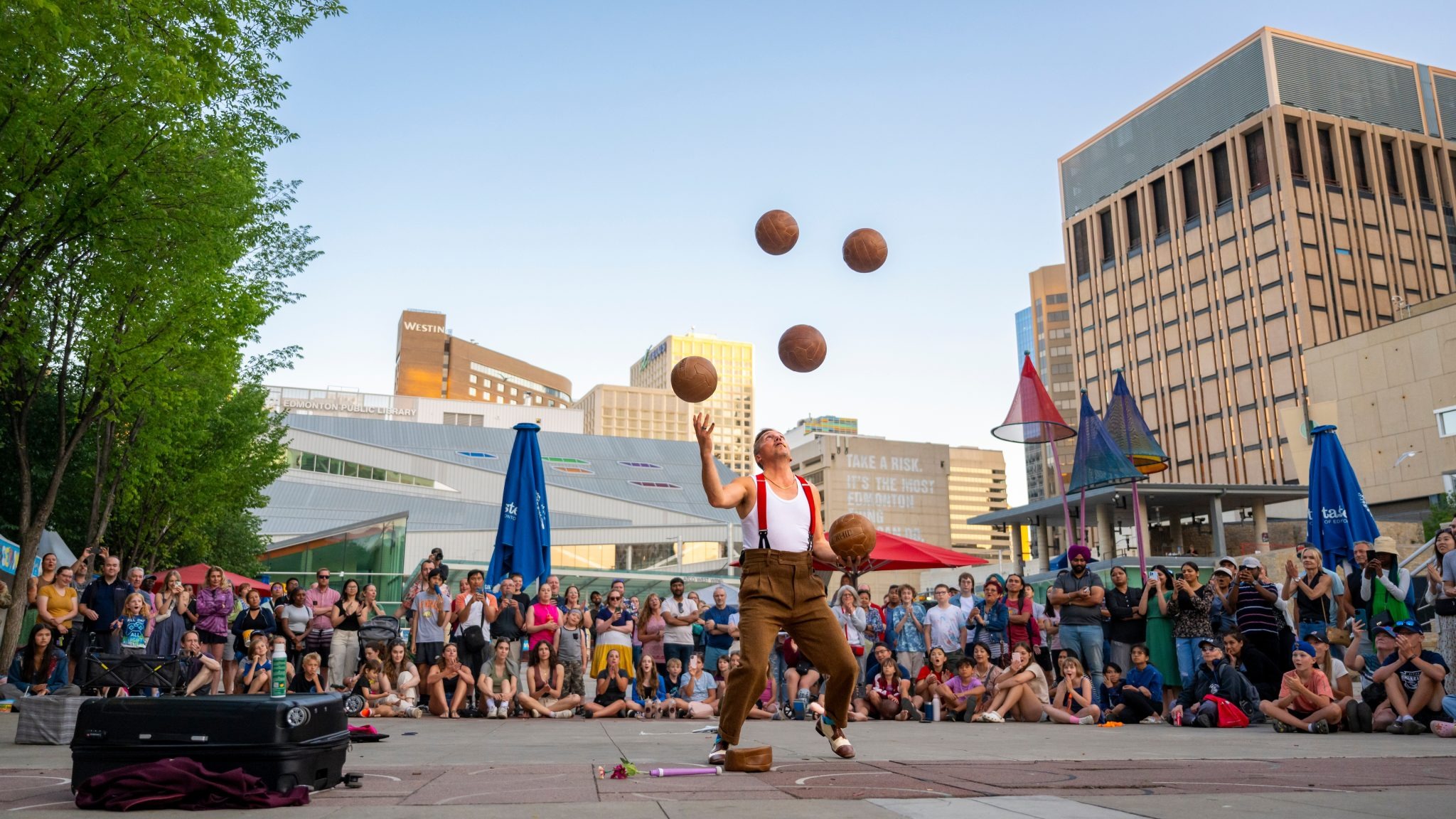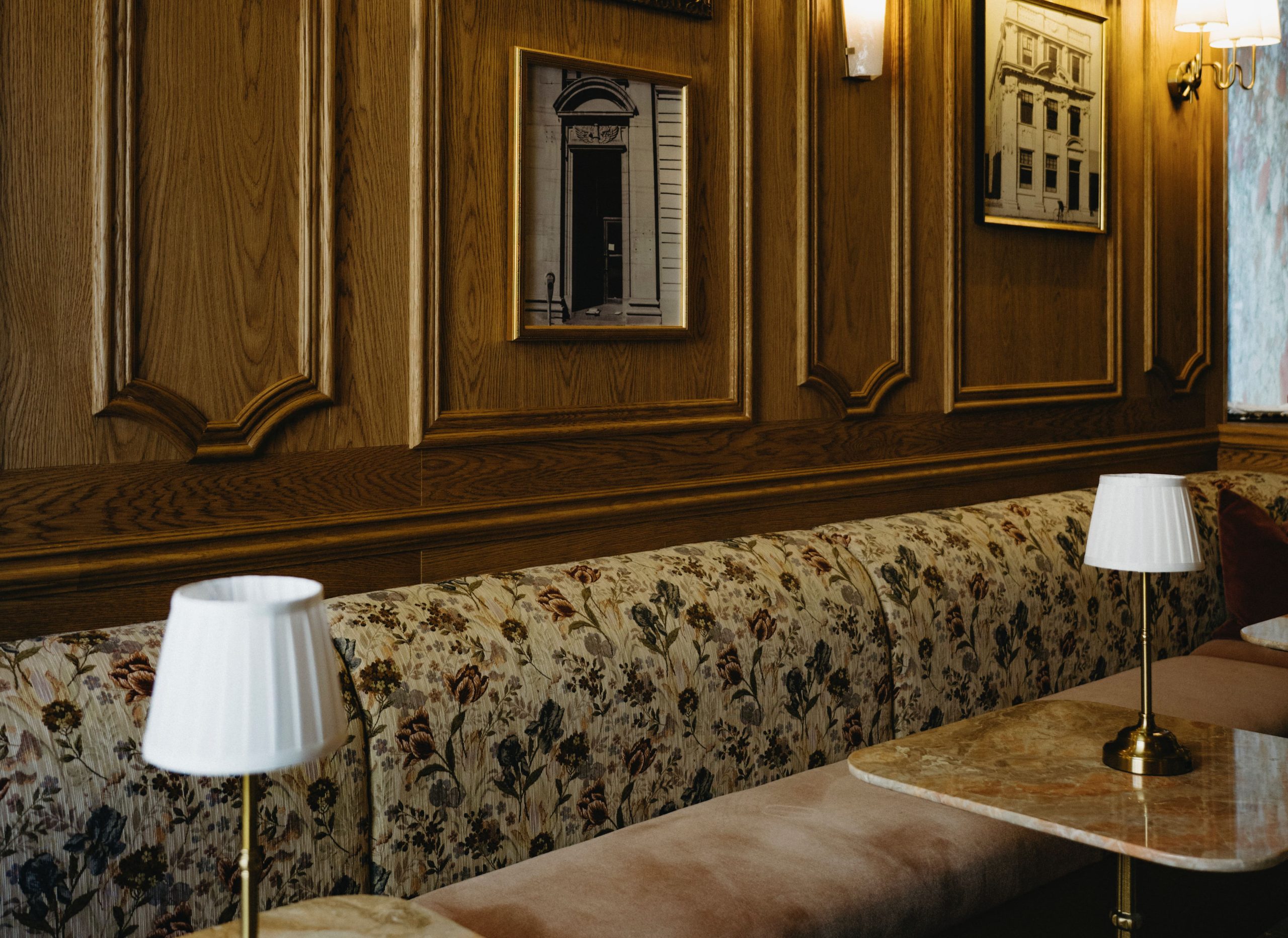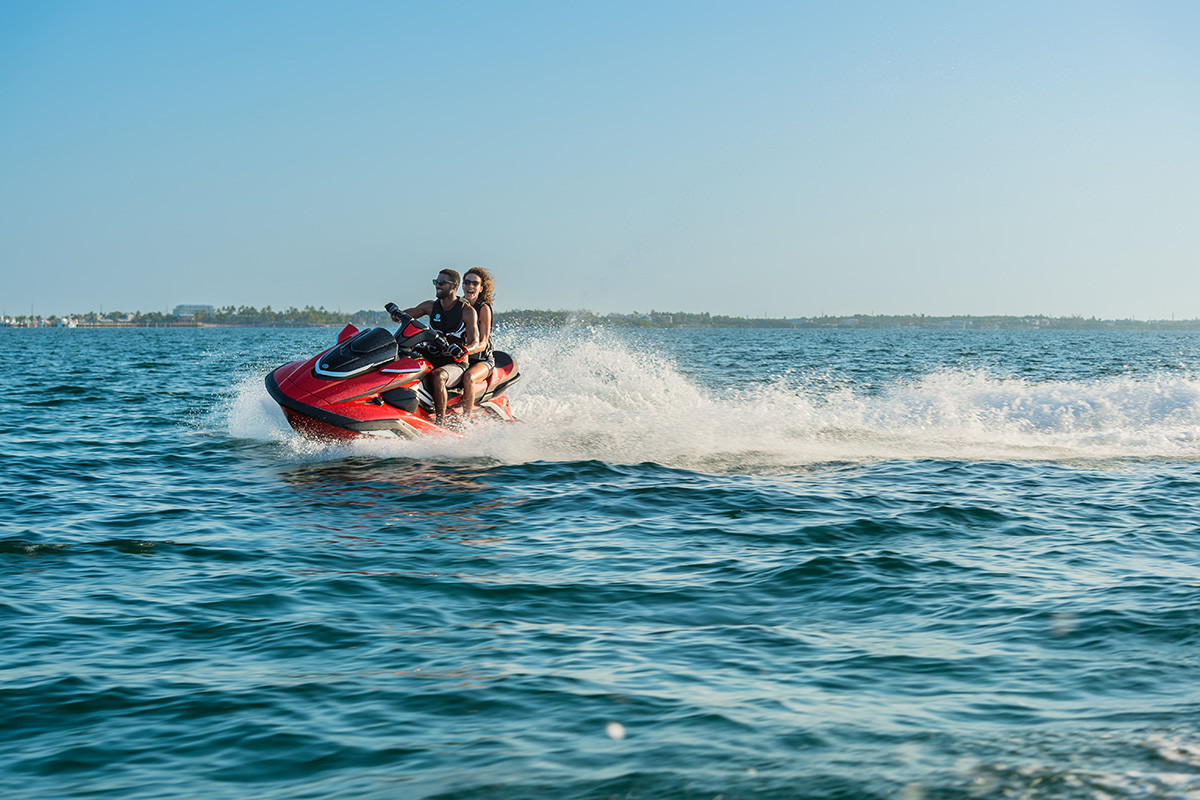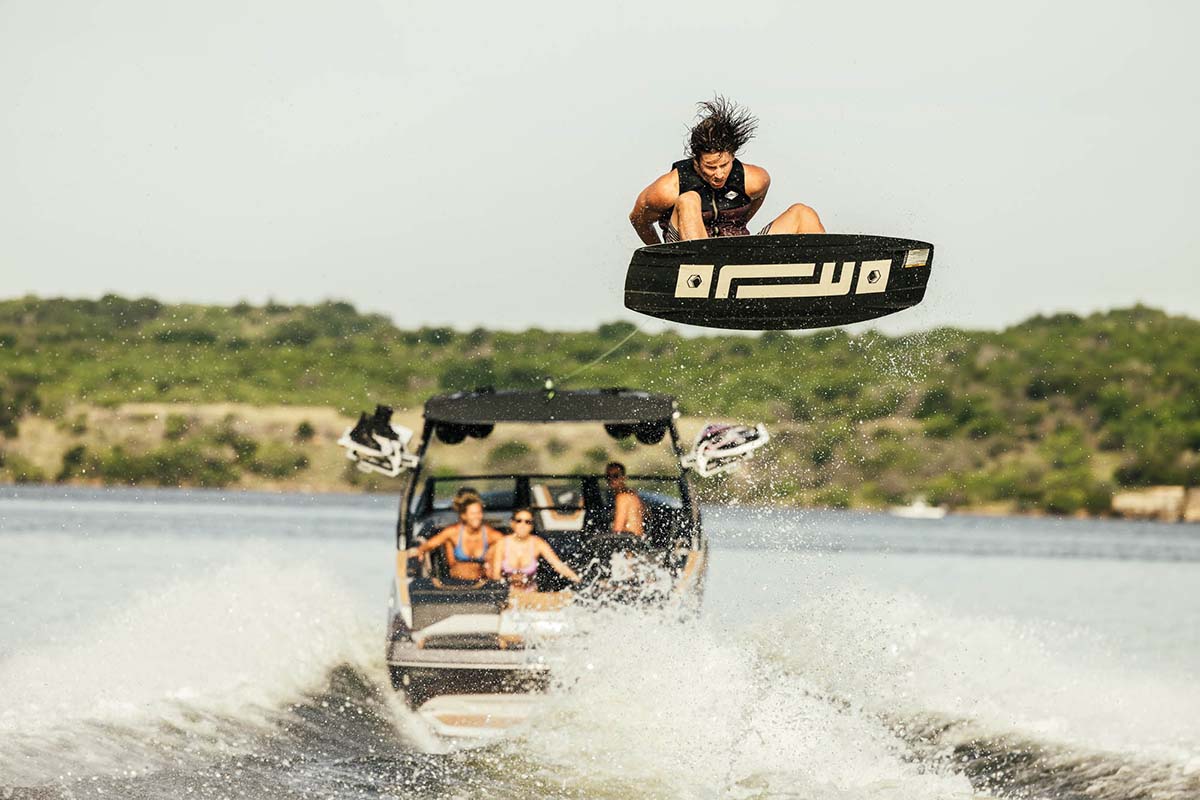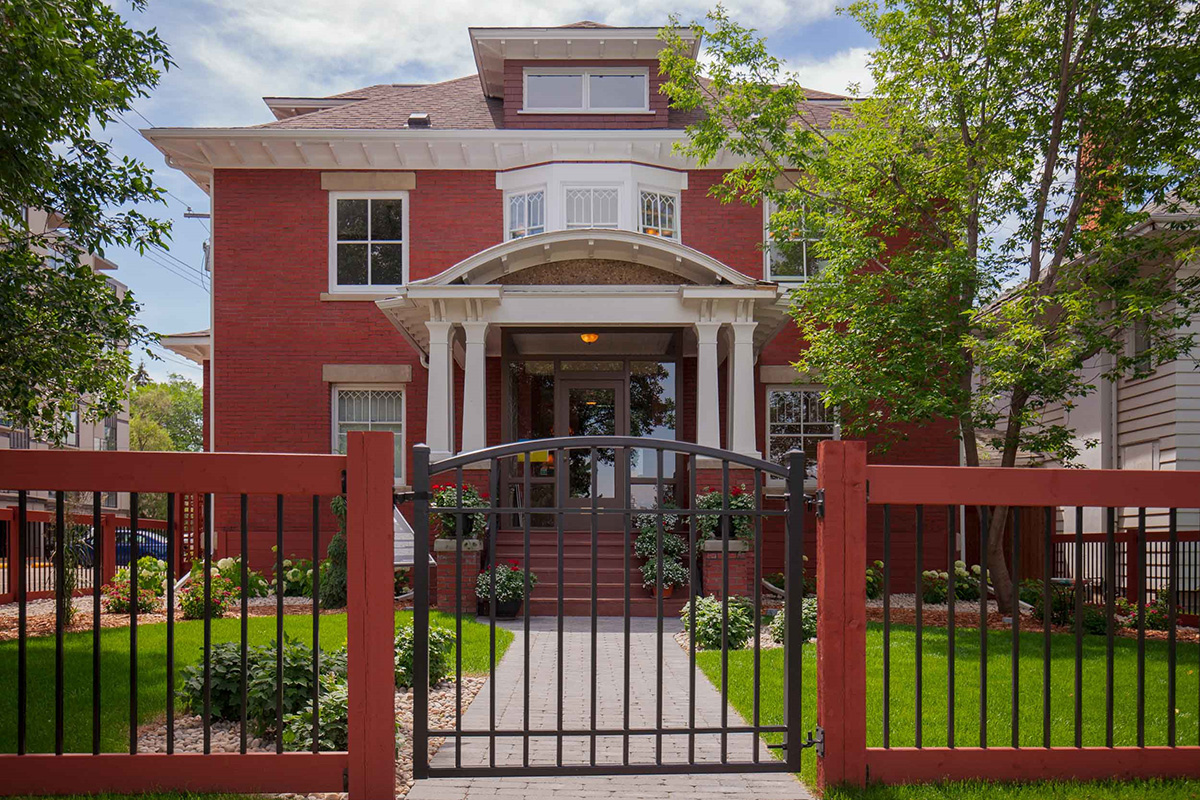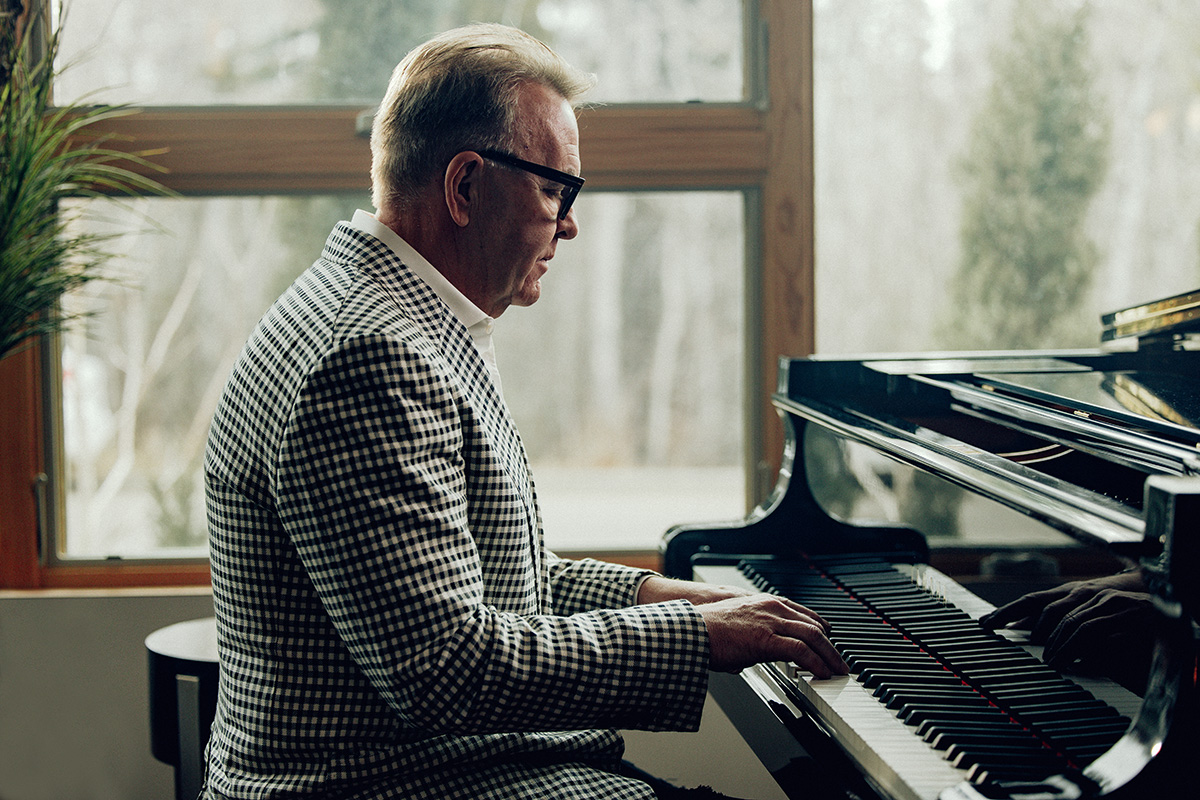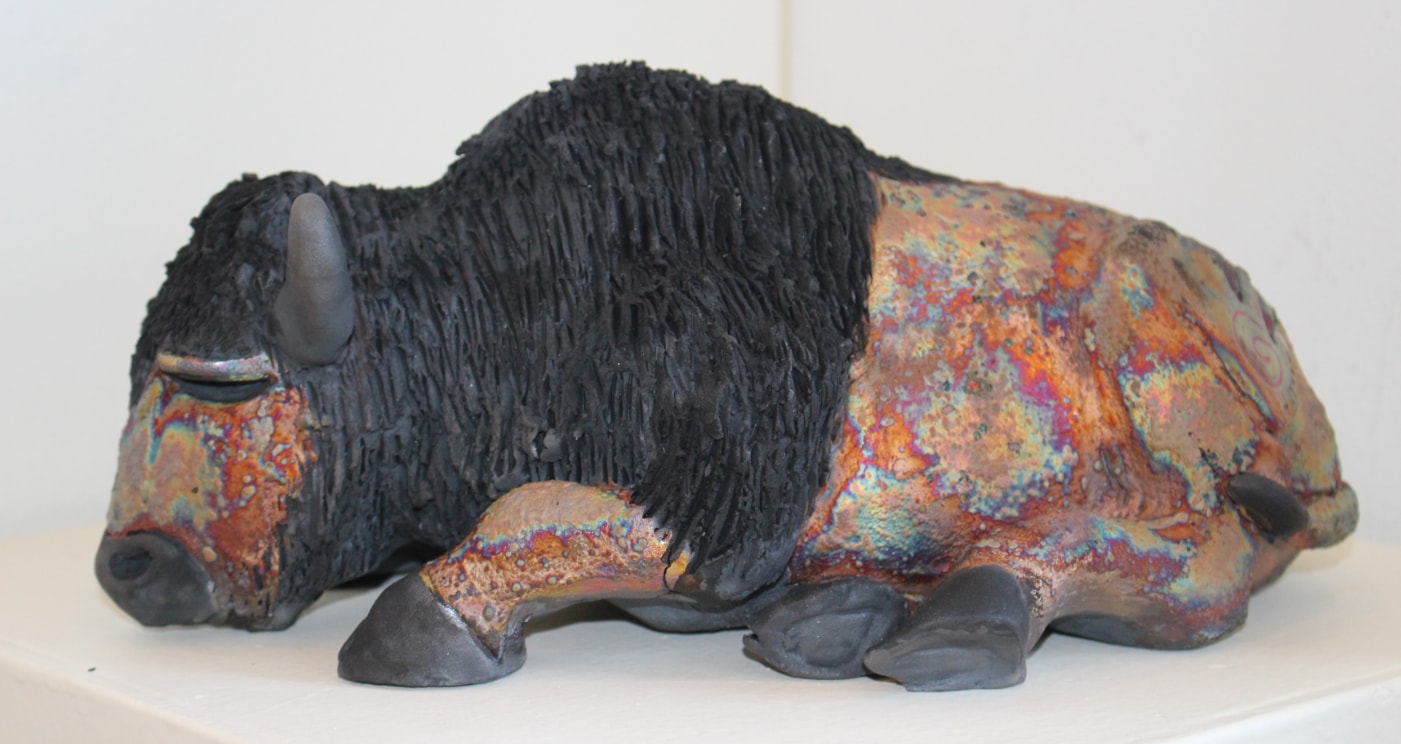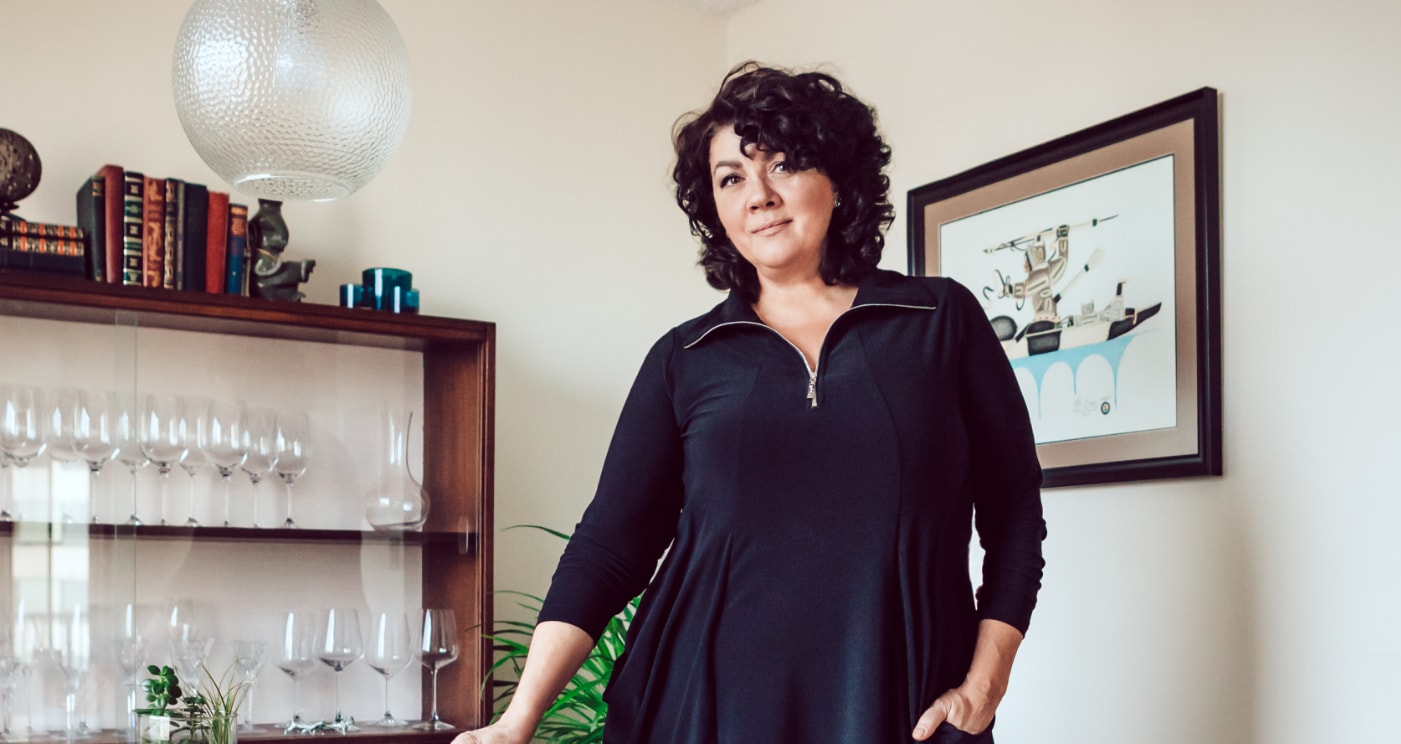Getting to know Mark Fistric.
“If I switch fire halls, it’s kind of like getting traded, although it’s in the same city. It’s 10 km down the road, not 10,000 km across the country.” — Mark Fistric.
Perseverance and dedication are two attributes that embody Mark Fistric. It’s these qualities that eased the transition from professional hockey player to first responder with the Edmonton Fire Department, giving Fistric not one, but two dream careers. He’s creating a life that prioritizes family, but also comes with its own set of challenges. Managing stress and expectations, he has discovered a deep fire for physical fitness and a cold-as-ice commitment to both family and profession.
After 9 years in the National Hockey League, you found yourself retired at the age of 30. If one dream job wasn’t enough, you’re now experiencing another. Have you always wanted to be a firefighter?
When I played junior hockey for the Vancouver Giants, the Vancouver Fire Department would come into the dressing room to recruit. They thought we fit that mold. I always had an inkling of becoming a first responder. A desk job was something I could never see myself in, I needed spontaneity.
That must have been challenging for you to make peace with retirement?
At the time, I was still in summer training for hockey. I had not decided that I was ready to retire so I started to volunteer with the Edmonton Fire Cadet Program for high school students. I volunteered every Wednesday night and just fell in love with it. Between me wanting to heal my body and wanting to be at home with my family everyday, it just made sense for me to pursue a change in my career.
How did the NHL prepare you for a career in firefighting?
Everyday I used to go to the rink and not know what was ahead of me. For me, I didn’t know if I was even going to be playing on game days. That kind of guessing kept me on my toes. It’s the same type of thing with the fire department, you don’t know what that next call is going to be. Nothing is predictable and that’s why it’s exciting to go to work everyday.
Let’s talk about your physical fitness. You ranked first overall on the eligibility list for the fire department. How did the game of hockey ready you for the department’s testing?
It made it a lot easier. At the time, I was still doing off season hockey training and there is nothing better. Professional hockey players train so hard all year round, their commitment is 24/7. But I will say, I eventually had to switch up my training regimen. For hockey, it’s all short bursts of forty-five second to one minute shifts, then recovery. I now had to train for endurance. It was pretty challenging.
Can you speak to the importance of teammates, then and now?
The camaraderie, the teammates, being in the dressing room, it is the exact same thing as being in the firehall. With firefighters, we all have our strengths and weaknesses, just like a hockey team. On the ice, we go out and make up for each other’s shortcomings and be there for each other. There’s no difference at the firehall or when we are out on a call.
It’s these qualities that eased the transition from professional hockey player to first responder with the Edmonton Fire Department, giving Fistric not one, but two dream careers.
What are the constants that keep you physically motivated?
Number one is my family. My wife and I have to keep up with our three young boys. Before the pandemic, we were running all over the place and it’s easy to tire out. So fitness has become a big priority for us. And of course, my job. There’s going to be a time when someone is going to depend on me, it could be life or death. If there’s a time when I have to rescue someone, I want to be fit for that task. I wouldn’t be able to live with myself if someone lost their life because I wasn’t fit enough to do the job. We are there to protect our community and keep them safe. It’s the pride of being a firefighter.
How do the pressures of a career in the NHL differ from those in the fire department?
When I played, I was a fringe player. I was a sixth or seventh defensemen. The team was always looking for someone better, to make the team better. There was the uncertainty of being sent to the minors, and of leaving my family across the country if I got sent down. After a while, the pressure builds up, from all different directions. In firefighting, the pressure is if someone calls 911. When that happens, they are most likely having their worst day and it’s up to us to make it better. It’s so rewarding. It’s like scoring a goal in the NHL. So you have pressure, but If I switch fire halls it’s kind of like getting traded, although it’s in the same city. It’s 10 km down the road, not 10,000 km across the country. Edmonton is home. We have our family and we have our friends.
Heading into your fifth year as a firefighter, what are some factors that contribute to your overall well being and that can take you into this next phase of life?
A good workout and surrounding myself with my family. With this job, you see some stuff that you wouldn’t wish upon anybody; it’s heartbreaking. For me, the biggest thing is having empathy and being able to come home to an unreal support system — my wife and my sons. I’m able to come home and escape into my family. Not all days are bad at the firehall but when you do get that bad call, you know that when you get home, it’s all going to be ok.
Places To Be
See this month's local flavours, products, and services.



